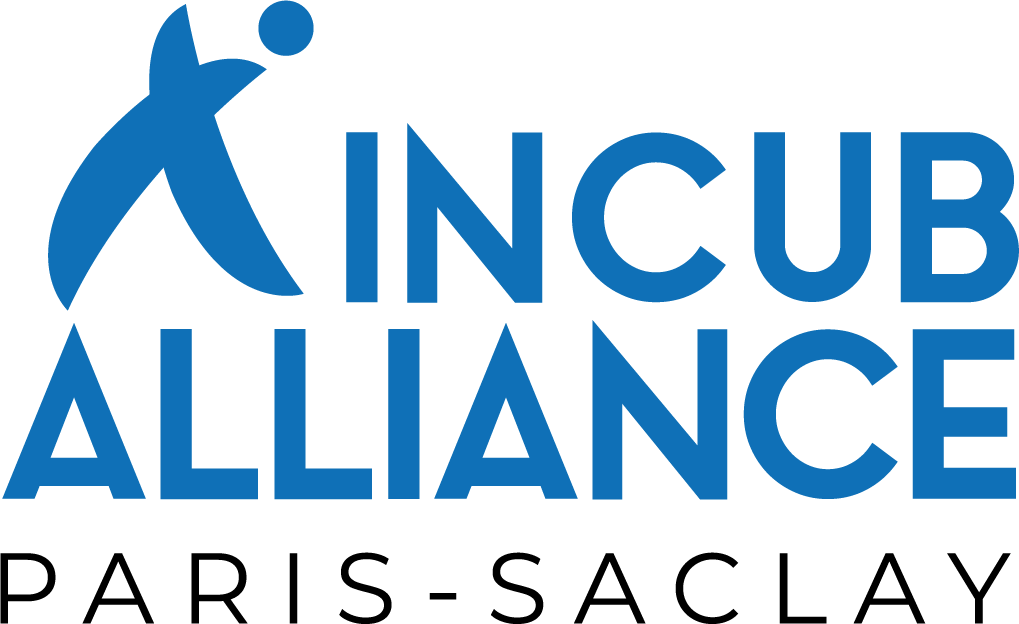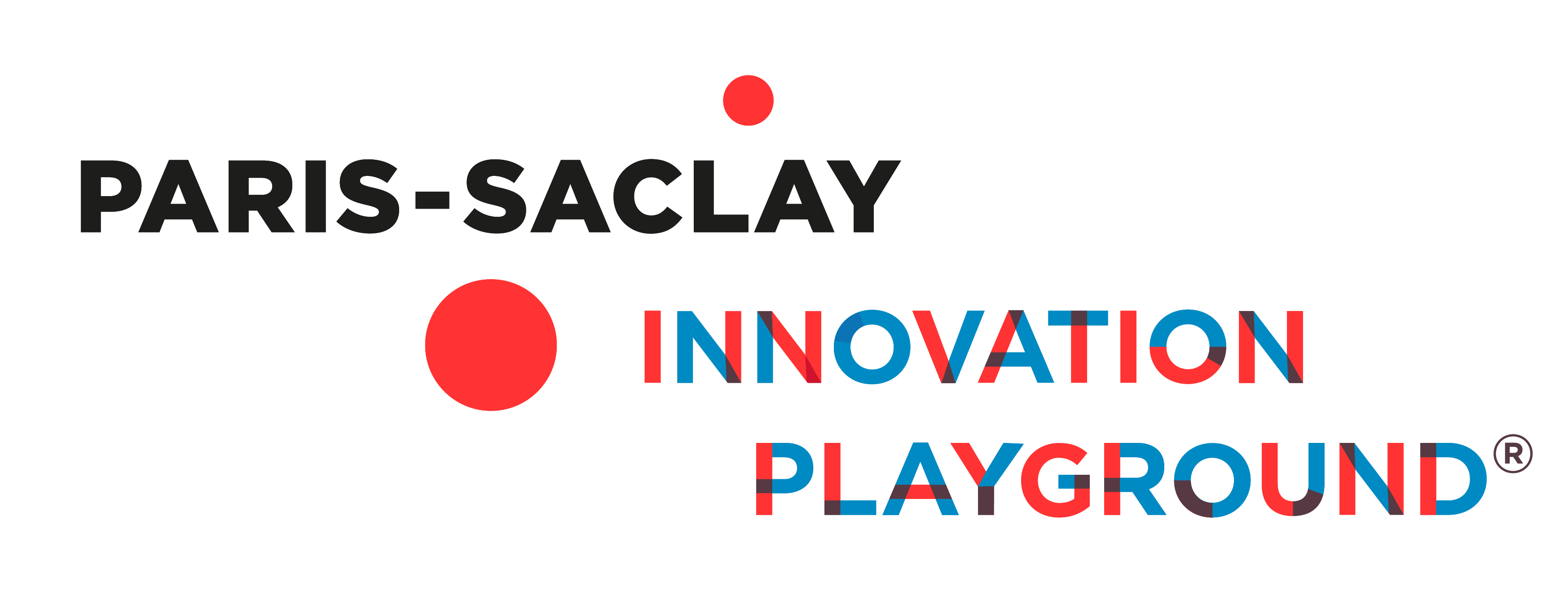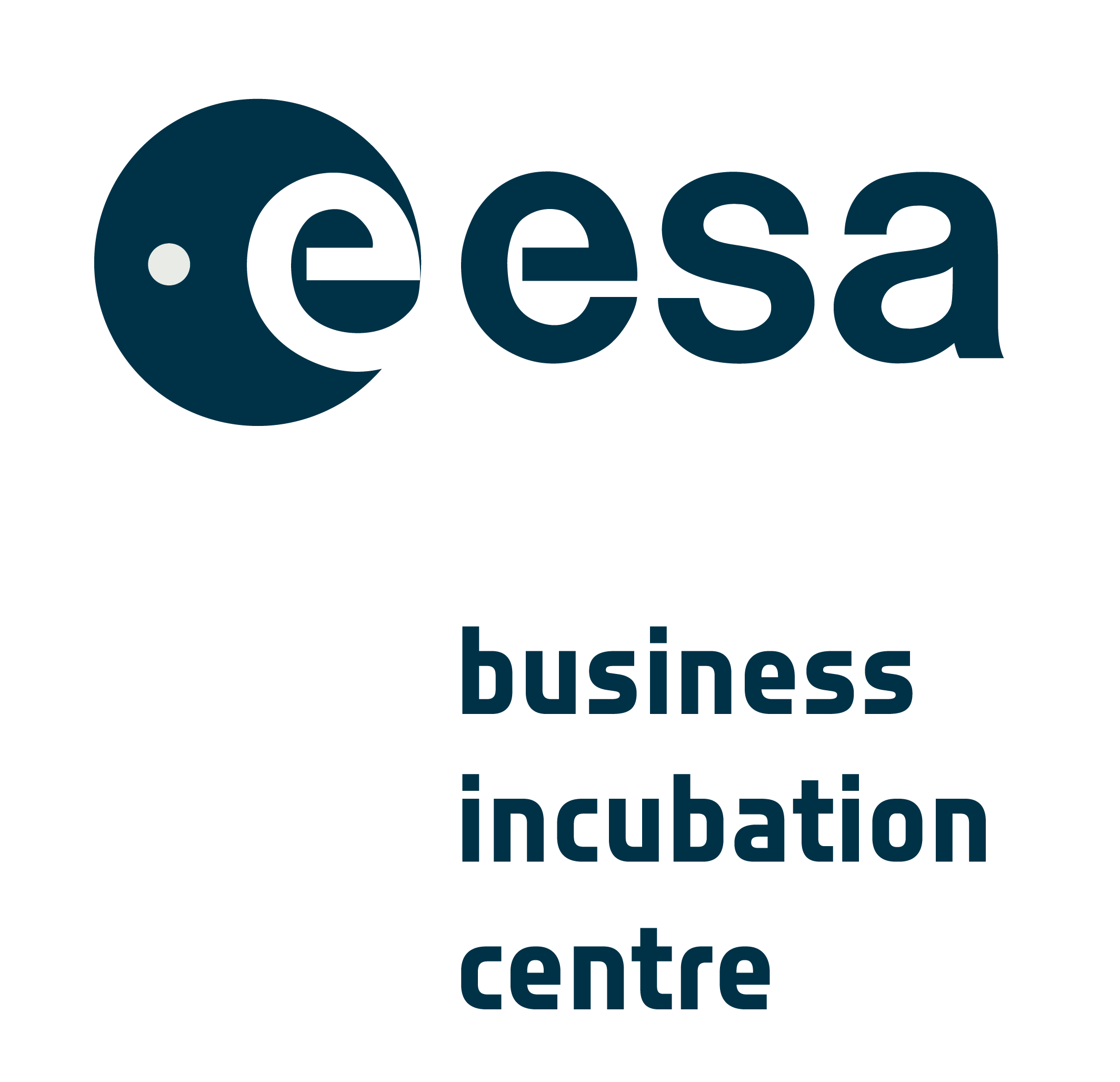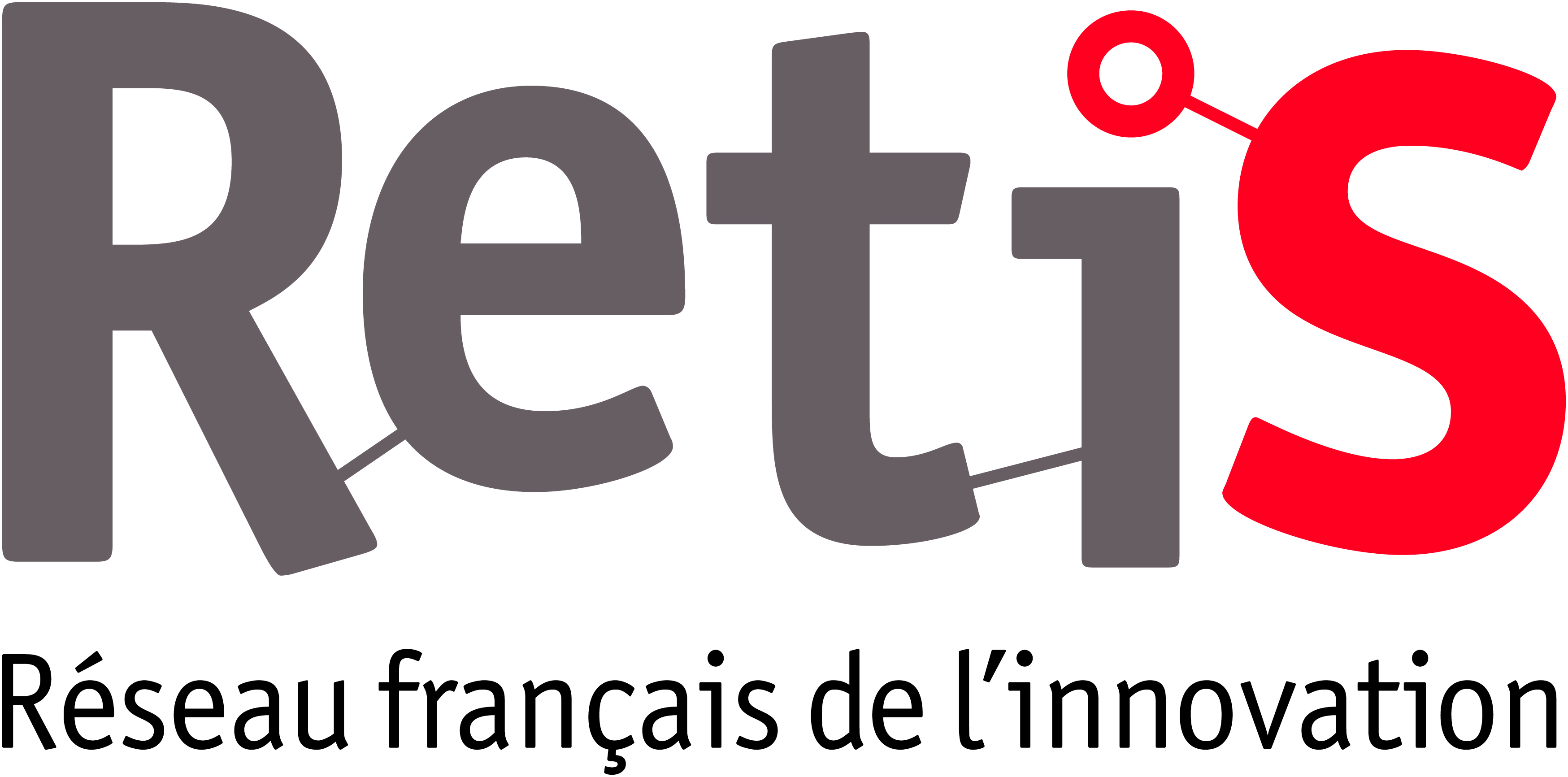No successful fundraising without prior market traction!
IncubAlliance Article for "L'Usine Digitale", June 08 2020 : https://www.usine-digitale.fr/article/tribune-pas-de-levee-de-fonds-reussie-sans-traction-marche-prealable.N973056?
If there is one song-and-dance that we know well in the start-up world, it has to be the saying that start-ups that get capital funding work better than those that don’t - and this maxim is repeated like a broken record year after year. But the investment landscape in France has greatly evolved, flying under the radar of counselling organizations. A new norm that should be taken into account for every financing strategy, according to Nicolas Reynier, Executive Finance Manager, IncubAlliance.
While the prevailing discourse seems unanimously in favor of capital funding, we must question the efficiency of this systematic approach. Why? Because I am facing the figures! Let us take the Paris-Saclay ecosystem: every year a hundred deep-tech start-ups are born which, for the most part, will be pushed by their consultants to raise funding, as has always been done.
Yet over the last ten years, the investment landscape has largely evolved… indeed possibly faster than the consulting organizations themselves! Though yesterday’s investors were following tax regimes and were strongly tied to the industrial world, we have progressively seen digitally-oriented actors – such as Marc Simoncini and Xavier Niel – multiply in the investment world.
Result: where – over the course of years – we were able to see entrepreneurs raise funds with an idea / a technological dream, now companies capable of generating revenue are the ones seducing investors. Obviously, impressive technological projects like Trust Me, for example, continue to marvel us, but if we take a look at the figures, we realize that most of the funding has gone to digital start-ups. In my opinion, this shift between the prevailing discourse and the reality in the field, even more of a paradox considering there are more consulting organizations than ever before, explains the excessive push to fundraising and the not-so-few failures.
Three types of financing
Behind an idealized view, the real start-up world is hidden, along with the reality of raising capital, which is more complicated than it seems… After idealizing start-ups with success stories, we tend to lump everyone together and only offer one solution despite the highly varied situations found in real life.
As far as I’m concerned, I believe there are three kinds of entrepreneurs : those who, inspired by the family business model, do not want to raise funds and opt for self-financing, bank loans and generating revenue to ensure growth even though this means accepting slow growth; those who, considering the capitalistic intensity of their activity, are obliged to engage in a perpetual race for funds and to count on their investors to co-create a strategy; and those who, after the first proof of market traction, enter a growth phase requiring capital funding to accelerate. The majority of the deep-tech start-ups we accompany fall under the third category.
The question for these start-ups is not so much knowing whether or not they should raise funds, but rather why and when to do so. Why is the question of correctly timing your fundraising so crucial? Because the majority of start-uppers think that they can use the capital raised to develop their first product, which is, in my opinion, a miscalculation. Since, in order for investors to reach for their wallets and to ensure a quick funding, the company needs to have a value. Otherwise it is difficult to imagine a return on their investment. What determines the value of a company if not the size of the potential client portfolio? Facebook did not have the same value with 200 users versus 2 billion!
Encouraging entrepreneurs to develop a pre-solution or pre-product
In my mind, the golden rule is simple: no successful fundraising without prior market traction! Therefore, all I can do is encourage entrepreneurs to go contact their clients as quickly as possible, with a pre-solution or a pre-product, to verify and to prove to investors that there really is market demand. But for that, money is needed. Yet we know that a start-up, particularly at the start, is sadly short on cash…
How then can you get past this gridlock? Other than your personal contribution and financial support from family and friends, as a deep-tech entrepreneur you must learn to take advantage of the many pre-seed financing means available in France to optimize fundraising, despite the fact that the conditions to receive these funds are not always straightforward.
For pre-seed financing, there are many paths to explore: Bpifrance’s French Tech Grant (Bourse French Tech), a key public aid for financing the project’s first expenses; unsecured loans, granted interest-free and with no personal guarantee (Réseau Entreprendre, Wilco, SQY initiative), that facilitate access to bank loans; fledgling aids, like the French Tech Seed Funds, geared towards accompanying highly technological, innovative companies. The entrepreneur can also turn to business angels ready to invest and grant access to their expertise and relational network.
Once these pre-seed funding means have been exhausted, finally the moment for fund-raising has arrived. Any last words of advice or caveats? First, resolve to dedicate the necessary time to seek funding which, at first glance, may seem to interfere with the time required to develop the company. Next, choose wisely who to bring abord in capital funding, double-checking that: 1) they will be able to continue in the second round of funding, 2) they know how best to accompany the growth of the company to maximize value. Finally, affirm a business model focused on “rapid growth” with all the pressure that entails.
Nicolas Reynier, Executive Finance Manager, IncubAlliance
The expert opinions are published under the full responsibility of their authors and the editors of L’Usine Digitale accept no responsibility.
*Image by kstudio on Freepik









